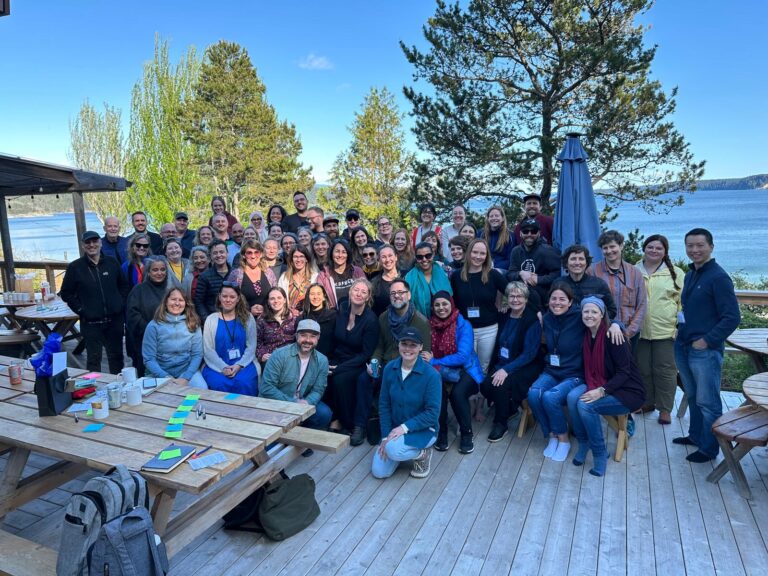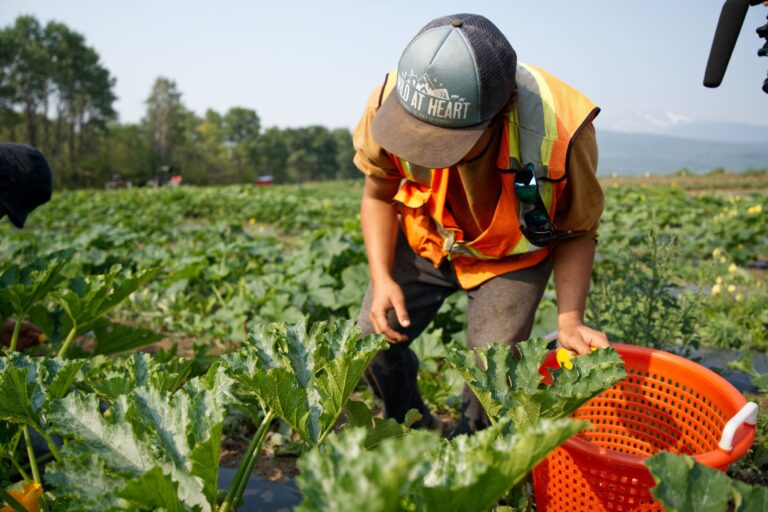
24 April 2024
The Road Ahead: Driving social change in communities
Urban Matters is dedicated to expanding our reach to drive social change in communities, a focus that will persist into 2024. With a strong foothold in British Columbia and an increasing presence in Alberta, our attention will now turn towards expanding eastward. Priority will be given to exploring opportunities in Saskatchewan, where communities face similar social challenges.
In terms of focus areas, we continue to work with local governments who are increasingly grappling with their positioning and role in addressing complex social challenges that spread across health, economic and safety issues. Health and social sectors are struggling with capacity. The provincial and federal policy landscape is shifting rapidly. Community needs are growing and changing. This requires us to be nimble, but also to deepen our understanding, relationships, and ability to bring diverse partners to our work with communities.
With insights from our multidisciplinary team, here are some of the key impact areas we see emerging in communities:
Systems Mapping: Understanding complex service and problem landscapes continues to be a significant area of interest for all government and not for profits. Our work has focused on a range of projects, from very large endeavors with significant engagement to smaller more nimble exercises. This sustaining need in communities has caused us to begin to streamline our systems mapping processes and consider how we communicate our results. In 2024, we will continue these efforts by actively learning between our teams and sharing these more broadly.
For example, Urban Matters is assisting the City of Kelowna and United Way in enhancing food security and capacity building in the social sector. The Kelowna Food Innovation Project (KFIP) has established a systems leader table consisting of local leaders in food security. They are working together to map current gaps and opportunities across the Central Okanagan by engaging directly with individuals with lived experience of poverty. With the results of the systems mapping exercises, the KFIP aims to generate prototype ideas and implement innovative impact initiatives. These initiatives, small-scale test projects, seek to improve local food security and scale up community-wide.

⠀
Safe Communities: Safety has continued its emergence as a key theme for local governments. We have recognized the value of bringing a trauma-informed approach to provide a counterpoint to enforcement approaches, such that a diversity of perspectives emerge for conversations and actions related to community safety. Ultimately, this work is leading us much further upstream into prevention-based implementation activities. You’ll see us increase our focus on prevention in the coming years.
One project that addresses this is the Thrive: Public Well-Being & Safety Strategy that Urban Matters created with the City of Maple Ridge. This plan addresses concerns of community safety from a holistic perspective, acknowledging the need for a vision of safety that centers access to resources, integrated responses, and a prevention and follow-up model. By shifting the perspective from community safety to public well-being, all citizen’s needs are considered when developing supports including those in cycles of substance use and homelessness—moving the strategy away from enforcement and towards relationship-building.
Social Finance: We are seeing growing asks from communities to explore social finance to support key initiatives. We are excited to be moving strategies forward with some of our clients to focus on collaborative implementation (i.e., activating community and partnerships). We are looking forward to continuing to explore our own understanding of these elements and see this as a growing part of our practice going forward.
One way we are doing this is by partnering with New Power Labs to launch a Mothers with Lived and Living Experience Fund, which aims to mobilize finance capital and disrupt typical power dynamics to support the healing journeys and foster belonging for mothers and their children who have lived and living experience of homelessness and/or substance use.
In the upcoming year, you will see us stretching into integrating systems understanding and innovation earlier and more deeply into our projects. To do so will also require a commitment to bringing our client relationships along with us in this shift, deepening the value of our work with them, and supporting a focus on more upstream collaborative approaches across multiple sectors in communities.
For regular updates about our work, follow us on LinkedIn!




